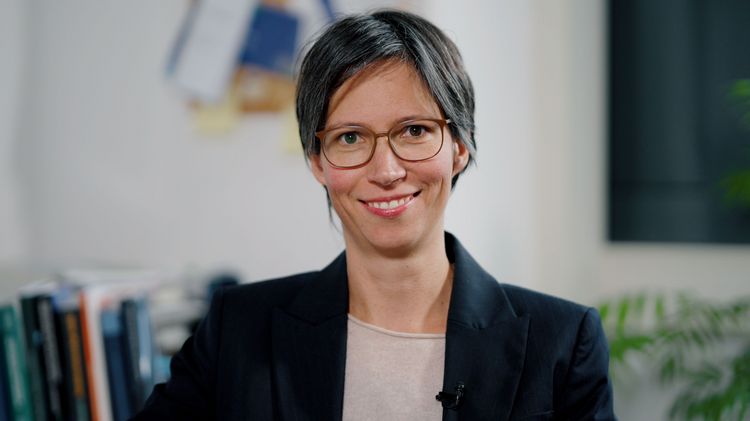“It’s not enough to just give things a push”
“It’s not enough to just give things a push”
“It’s not enough to just give things a push”

“The energy transition is a social process. And it takes time. People are aware of the issue, innovations have become established, we’re using more renewable energy sources – the first phase of the transition has been completed. Now it’s a matter of consolidating all this progress and finding solutions that go beyond individual technologies. If we succeed in doing this, the transition will gain further momentum. However, this acceleration process is challenging.
Until recently, here in Germany we have seen how the politicians’ commitment in this area has dwindled. But it is a mistake to believe that now that the first phase of the transition is over everything will take care of itself. We analysed this using Oldenburg as an example and found that what has been achieved so far is very fragile. The energy transition needs continuous political support, funding programmes, windows of opportunity – for a long time to come. And there have been many cutbacks in Germany according to the motto: “It’s up and running now”.
But it’s not enough to just give things a push to get them going. Politicians have apparently underestimated this fragility – which remains even in the current advanced phase of the energy transition. Take wind energy: there was the switch from feed-in compensation to auctions, which proved particularly challenging for small companies. Although it was not the goal of the policy, a number of companies went bankrupt or moved abroad or changed sectors as a result. And now that all of a sudden things are supposed to get moving fast, the question is: on what basis?
To accelerate the transition, the different sectors need to be more strongly coupled with each other so that companies start thinking in terms of wind and hydrogen, electricity and heat, or electricity and transport together. In addition to the technological complexity, this will also be enormously challenging in terms of social cooperation.
From a societal standpoint, the current energy crisis could be an opportunity to increase acceptance for renewables – because now everyone realizes that they, too, are affected. Whether this will also increase people’s willingness to put up with a wind farm near their home, for example, is an open question. One approach that is definitely promising is a genuine dialogue aimed at involving people in concrete projects.”


